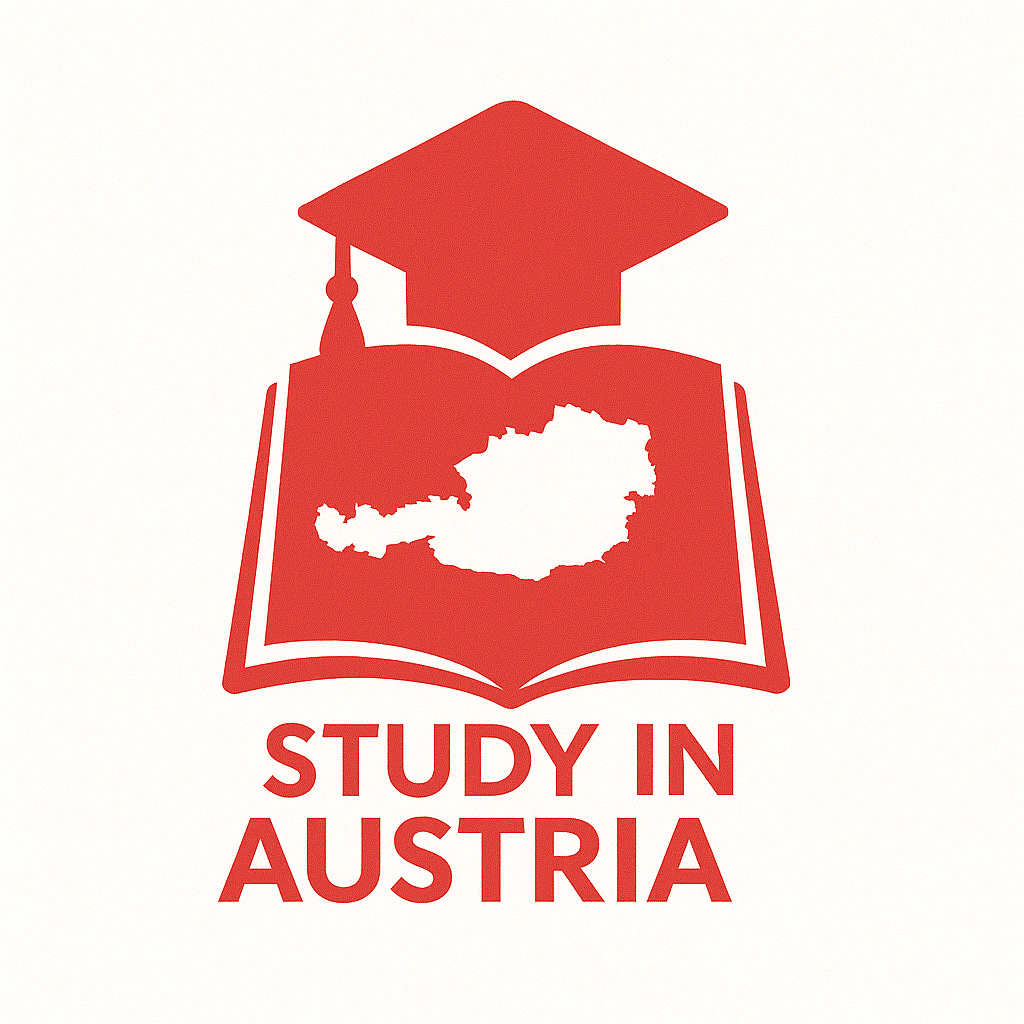How to Prepare Financially for a Semester Abroad in Austria
Estimate Your Monthly Expenses
One of the first steps in financial preparation is to estimate your living costs in Austria. Here’s a breakdown of typical expenses for students:
- Accommodation: Housing is often the largest part of a student’s budget. Rent varies significantly depending on the city and type of accommodation.
- Food and Groceries: Costs will vary based on dietary preferences and habits. It’s prudent to plan for regular supermarket shopping and occasional dining out.
- Transportation: Austria boasts a reliable public transportation system. Monthly passes for students generally cost between €30 – €50, making it affordable to travel within cities.
- Utilities: If you rent privately, expect to pay around €100 – €200 per month for utilities, which can decrease if shared with flatmates.
- Study Materials and Leisure: Allocate approximately €300 each month for books, cultural activities, and leisure pursuits.
- Health Insurance: Non-EU/EEA students should plan on spending about €60/month for student insurance; otherwise, public insurance options might be more expensive.
- Additional Expenses: Don’t forget to budget for visa costs, residence permit applications, and any emergencies that might arise.
Minimum Guidelines: In Vienna, the recommended monthly budget is at least €1,155 as of 2024; however, actual expenses can range from €1,490 to over €2,850, depending on your lifestyle choices.
Understand Tuition Fees
Tuition fees in Austria can vary based on your nationality and the program you select. Here are some important points to consider:
- Nationality Impact: Non-EU/EEA students may be subject to higher tuition fees compared to their EU/EEA counterparts.
- Program Specifics: Each institution sets its own tuition rates, so it’s advisable to check directly with your university for exact figures.
Understanding these aspects will help you better plan your financial commitments and navigate your study experience efficiently.
Plan for Visa and Entry Requirements
For international students wishing to study in Austria, understanding visa and entry requirements is crucial.
- Proof of Funds: As of 2024, the Austrian government may require proof of sufficient funds of around €13,400 (or more) in your bank account to support your stay for one year.
- Visa Fees: Remember to factor in additional costs associated with visa applications and potential language course fees, if applicable.
Proper preparation regarding these requirements will not only ease your entry into Austria but also save you from facing delays or complications.
Explore Funding Options
Funding your studies abroad is a critical component of financial planning. Here are several options to consider:
- Scholarships: Investigate available scholarships through databases and your chosen institution. Various programs exist for different nationalities and academic levels.
- Study Grants: Government and institutional grants may provide additional financial support, although amounts are frequently determined by family income. Typically, grants alone do not cover all expenses, and family assistance is often necessary.
- Part-Time Jobs: Many students seek part-time employment in Austria to help subsidize their living costs. Be sure to familiarize yourself with legal regulations concerning work permits for international students.
- Special Funding Programs: Some fields of study or specific needs might qualify for additional funding opportunities.
These funding solutions can substantially alleviate the financial burden of your studies in Austria.
Practical Tips for Financial Preparedness
With an understanding of potential expenses and various funding options, here are some practical tips for financial preparedness:
- Create a Budget: Develop a detailed budget that outlines your expected income from scholarships, parental support, savings, and part-time work. Additionally, list all projected expenses to avoid surprises.
- Start Saving Early: Building a savings buffer before your semester starts can help cover visa requirements and any unforeseen costs.
- Open a Local Bank Account: Establishing a local bank account can simplify the management of your finances and receiving payments while in Austria.
- Monitor Spending: Keep track of your expenses throughout your stay to maintain control over your budget, preventing overspending.
In Summary
Financial preparation for a semester abroad in Austria necessitates thorough research into costs, comprehension of visa requirements, pursuit of scholarships and grants, and realistic budgeting.
The Study in Austria platform serves as a valuable resource, providing trusted information and tools to help navigate the financial aspects of your international education journey. Whether you seek guidance on tuition fees or assistance with funding options, we are here to support your educational aspirations.
Take the Next Step with Study in Austria
Ready to begin your journey towards studying abroad? Explore further with the following resources:

